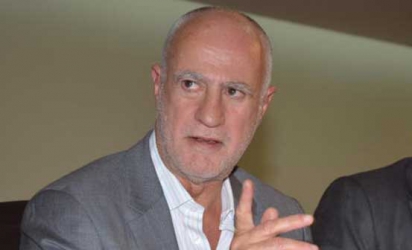×
The Standard e-Paper
Kenya’s Boldest Voice

NAIROBI, KENYA: Michael Joseph, the former Chief Executive Officer of Safaricom on Monday told Kenya Television Network (KTN) that he is not wealthy as many people would imagine.
Despite building the largest telecommunication in the region, Michael Joseph is also credited with building the first mobile network in Argentina and also has worked for several Telecom projects in Europe, Asia, America and Middle East in senior capacities.